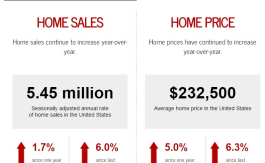What You Need To Know About Your HOA
Does your prospective neighborhood have an HOA? HOA stands for Home Owners Association and it is usually a group of homeowners that develop and enforce community rules and regulations. A home owners association can be a very good thing. However, it can also become an out of control nightmare if those group of people begin to implement seemingly unreasonable rules and regulations. It is best to do your research before getting stuck with it.
Here are some of the pros and cons of a homeowners association
Pros:
- An HOA will develop rules for the neighborhood that will keep the community in good cosmetic condition and keep the community a peaceful place to live
- An HOA collects a monthly fee from all homeowners. Those fees are used for the upkeep of the community amenities and common areas, as well as, organizing community events etc.
- An HOA has the ability to assist you with any neighbor disputes or disagreements
- Can protect your property value
- You get to enjoy all the amenities that come along such as pool, tennis courts, gym, etc.
Cons:
- An HOA could fail to budget properly for community repairs and expenses
- An HOA could levy unexpected assessments
- An HOA could increase the dues beyond what you may think is reasonable
- An HOA could neglect to enforce the regulations
- An HOA could become overly restrictive in enforcing regulations. Such as allowable paint colors, what flooring materials can be used, what pets or pet breeds you are allowed to have and what types of noises they actually consider “noise”
A homeowners association has greater power than you may think when it comes to enforcing the rules. For example: if you don’t pay your HOA fees, the HOA can send your past due bills to a collection agency and report your debt to the credit reporting agencies.
Then if you still don’t pay what you owe, they can actually foreclose and repossess your home. The same goes for violating the rules. If you don’t abide by the rules, even if you think they are unfair, you could potentially be assessed daily fines for not complying. It is possible that if you don’t comply, you could find yourself having to abide by a court order to get rid of your pet or to take up the beautiful new flooring you just put in etc.
Your best bet in protecting yourself, before buying a home in a neighborhood that has an HOA, is by vetting the Association before you buy your home. You can do this by requesting copies of the HOA budget documents, account statements, insurance certificates, board meeting minutes and transcripts, community newsletters, a copy of all of the rules and regulations documents. Every homeowners association is required by law to make this information public and available upon request.
Additionally, it is a good idea to talk with some of the residents of the community. Find out home many homeowners are delinquent in their dues and / or are going into foreclosure.
If you come across a rule or regulation that you do not believe is fair, you can always apply for an exception or contest to the rule. You will need to do this publicly through the HOA management or make an appeal directly to the board.
Generally, more often than not, a homeowners association is a very good thing for the community as a whole. However, it is best to do your due diligence before you move into the neighborhood.
If you have found a home in a neighborhood that has a disagreeable HOA, talk to your realtor and let them know of your findings. They will then help you with any other options that may be available to you. Additionally, before you begin your home search, ask your realtor to help you avoid a neighborhood that has a reputation of bad HOA management. This will help you avoid potential problems altogether.







